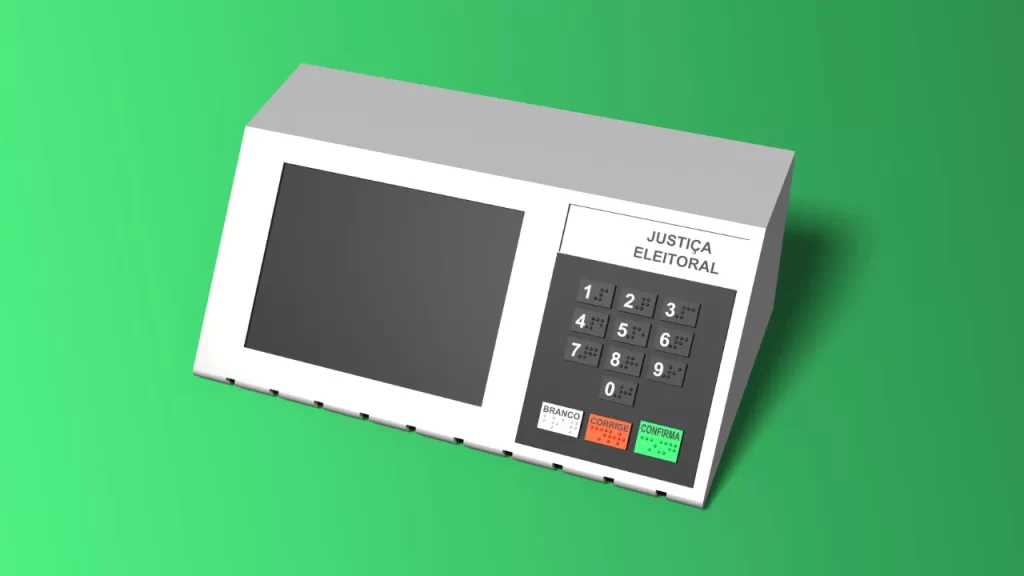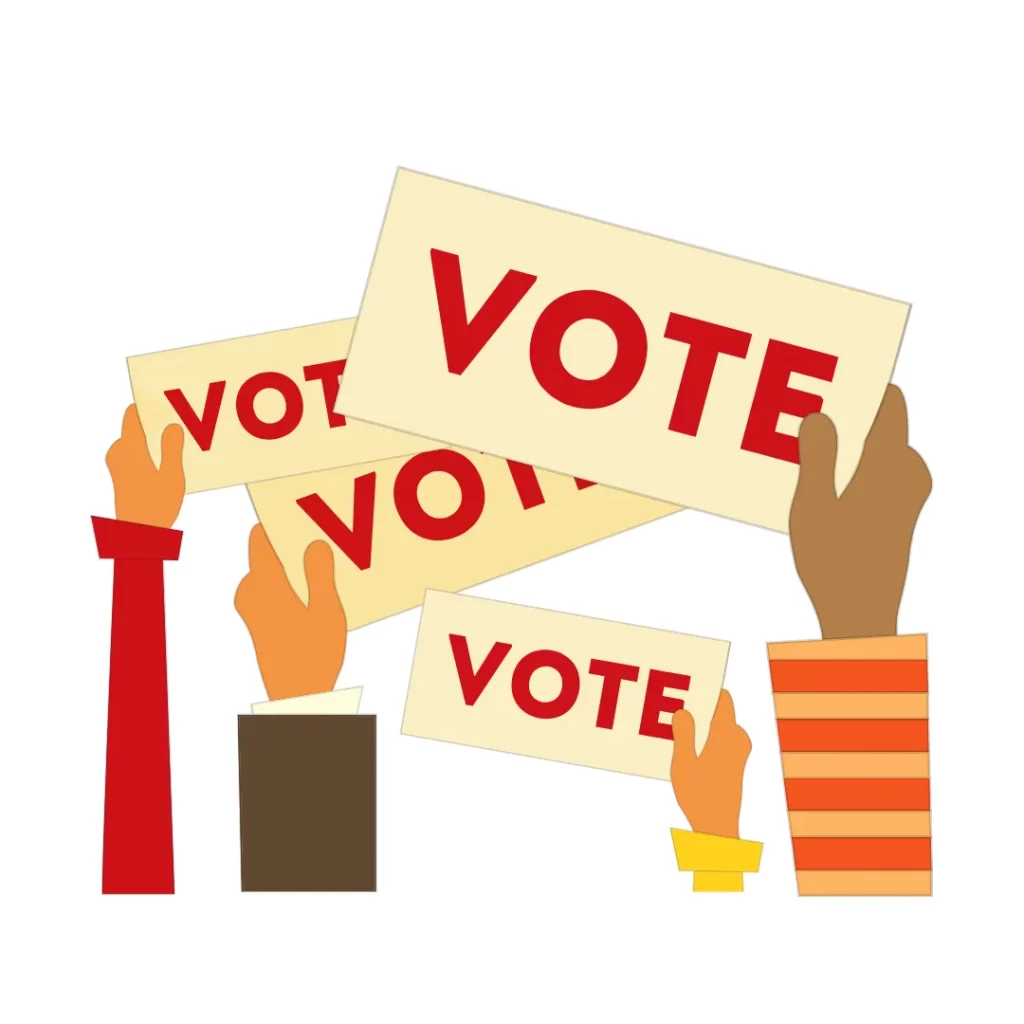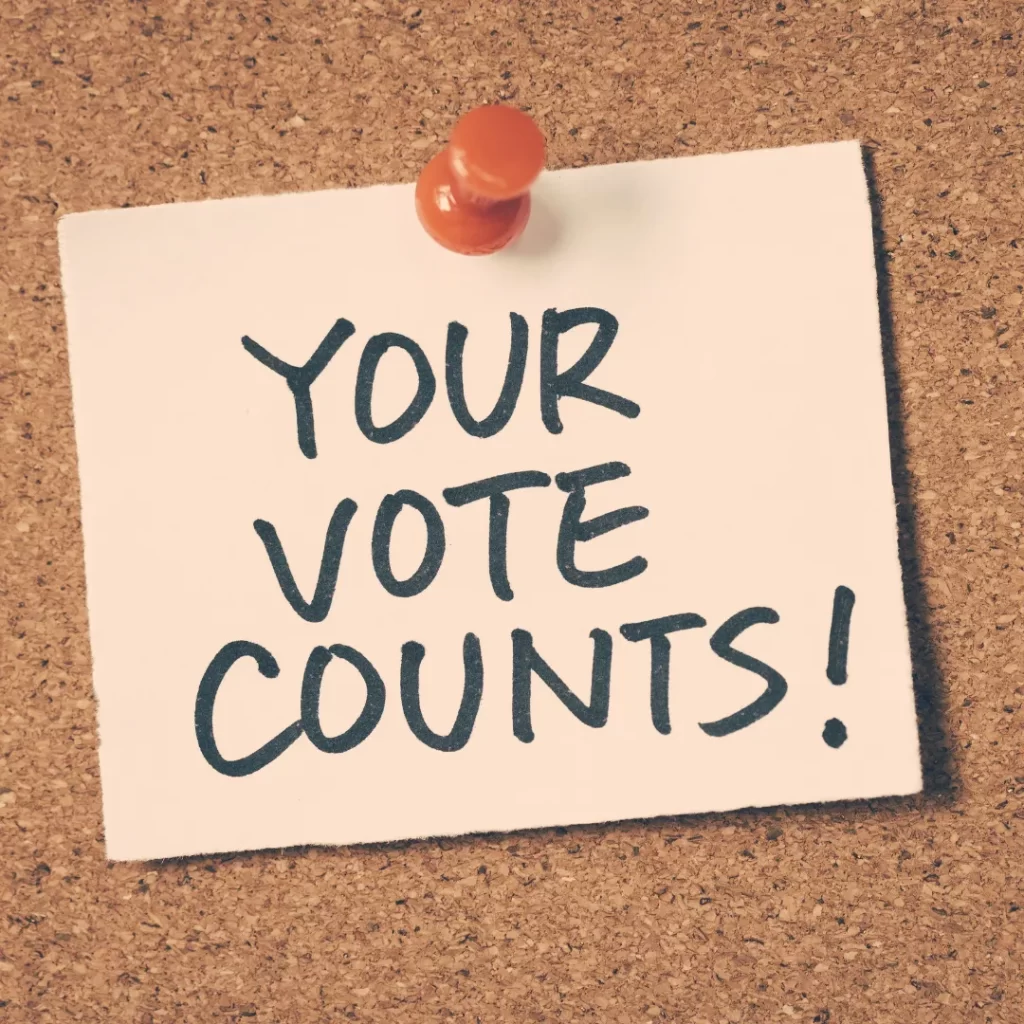Join the Speaking Brazilian YouTube Club to have access to the transcript of this video and many other videos.
In this lesson, you will learn some interesting facts about the political and electoral system in Brazil.
–> See a vocabulary list at the end of the page.
1. Voting is fully electronic in Brazil
Brazil was the first country to have elections entirely via an electronic voting system.
The electronic ballot box was implemented in 1996 in municipal elections. From the year 2000, voting became fully electronic in all elections in the country.

2. Voting is mandatory
In Brazil, voting is mandatory for literate voters between 18 and 70 years old.
One of the penalties for those who do not vote is to be prevented from obtaining or renewing a passport or ID.


3. Election Day always falls on a Sunday
As voting is a right and a duty of Brazilian citizens, election day always falls on a Sunday so everyone can vote. Businesses that open on Sundays are not required to close but are required by law to release their employees from work long enough to vote.
4. In some states, consuming alcoholic beverages on election day is prohibited
Each state has the autonomy to apply the Prohibition Law that restricts the sale and consumption of alcoholic beverages on election day.
In 2022, five states will be adopting the Prohibition Law. The purpose of this law is to inhibit violence and prevent voters from voting with an altered state of consciousness.
5. In Brazil, we have direct elections
This means that each citizen votes directly for their candidate through the popular vote, without intermediaries. Each vote of each voter is worth one vote in the total count.


6. Some elections have a second round
Elections for president of the Republic will have a second round if no candidate has more than 50% of the votes. In this case, only the two candidates with the most votes will advance to the second round, a second election that takes place a few weeks after the first round. In the second round, the candidate who receives the most votes will be elected.
7. The same person can be elected president of the Republic countless times
The term of office of the president of the Republic is four years. After serving the first term, the president can seek re-election for another four years. After eight years, he cannot get re-elected again. But after a four-year break, he can go back to running for election one more time.
8. There are many political parties in Brazil
Brazil has an unrestricted multiparty system with a large number of political parties. Today, there are 32 parties regularly registered by the Superior Electoral Court.
Any citizen can create a political party, following certain rules.
9. In Brazil, we have a coalitional presidentialism
This subject is complex, but in a very simplified way, the term coalition refers to the agreement and alliance between political parties for a common purpose or mutual benefit.
An interesting example to illustrate this type of coalition is that the president of the Republic often belongs to one party while the vice president belongs to another.
Lista de Vocabulário
1 – Sistema político: Political system
2 – Sistema eleitoral: Electoral system
3 – Eleições: Elections
4 – Presidente da República: President of the Republic
5 – Voto, votar: Vote, to vote
6 – Urna eletrônica: Electronic ballot box
7 – Eleitores: Voters
8 – Direito de voto: Right to vote
9 – Segundo turno: Second round (Elections for President of the Republic will have a second round if no candidate has more than 50% of the votes.)
10 – Governadores: Governors
11 – Prefeitos: Mayors
12 – Senadores: Senators
13 – Deputados: Deputies
14 – Vereadores: City councilors
15 – Candidatos: Candidates
16 – Partidos políticos: Political Parties
That’s it! I hope you enjoyed this lesson!
You’ll find more Portuguese lessons at the bottom of this page.
Até a próxima!
Speaking Brazilian School Team


